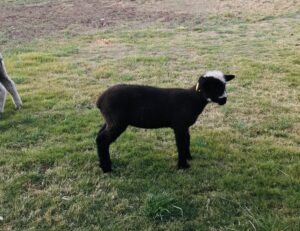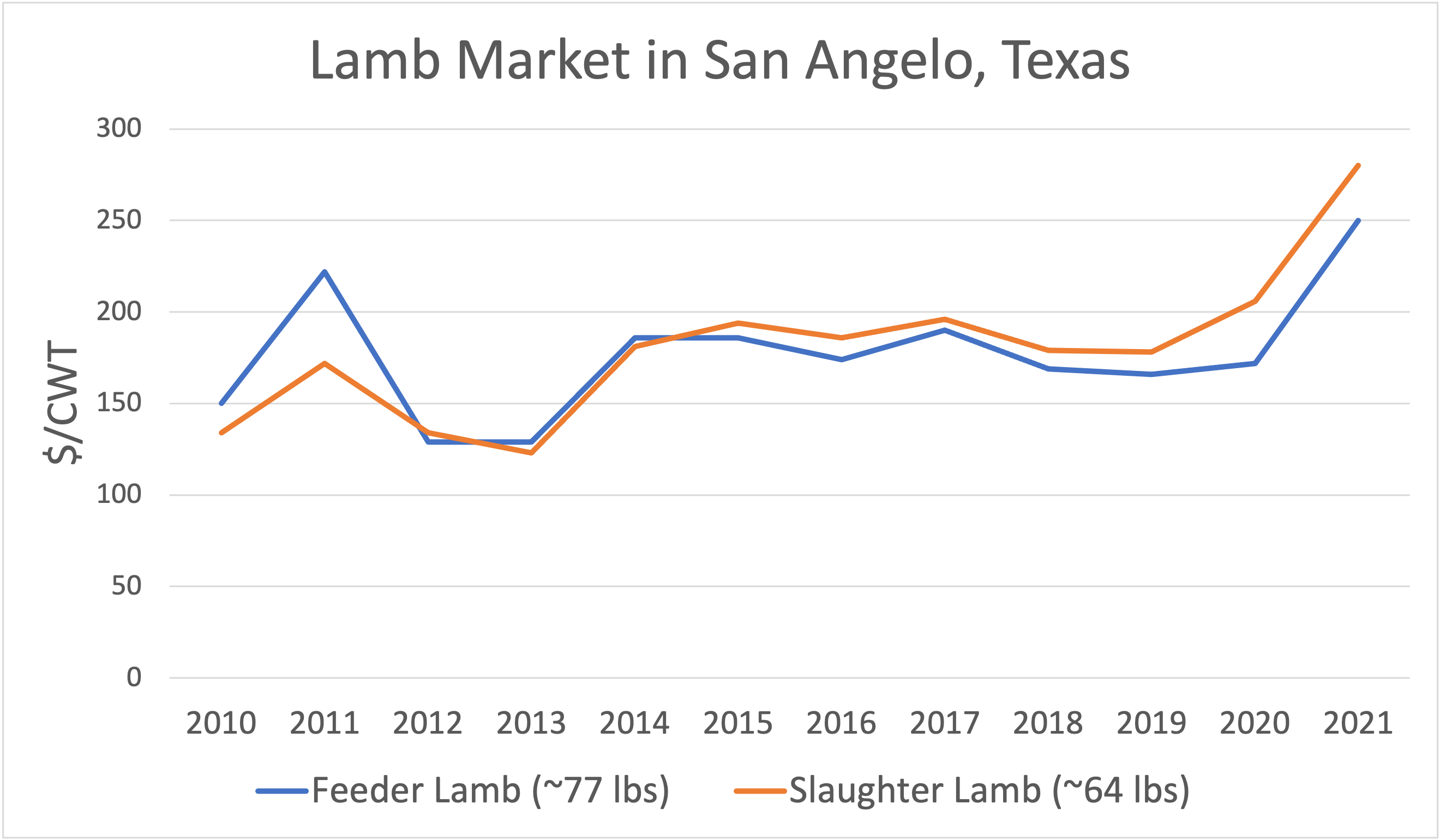Black Sheep
We have all heard the saying “black sheep of the family”, a tongue-in-cheek statement often made about us outsiders or social outcasts who just seem to go against the grain. Some would say that we are the folks who can’t seem to get it together, but my fellow black sheep would probably agree that we aren’t too concerned with “getting together” whatever “it” is. Regardless, the origin of this term comes from the odd lamb that is solid black at birth; when all others are solid white.
While it is not as common in Texas, many of the western sheep operations would keep 1 of these black sheep for every 99 white sheep. Shepherds could then view sheep from a distance. If there were 500 sheep in that flock, then there should be 5 black sheep within eyesight. In contrast, if there where less than 5 black sheep, then action needed to be taken to locate the rest of the flock!
I recently listened to a podcast that was shared to me by a friend in the industry. If you read this column, you know that I’m a fan of podcasts, as they easily fit into driving time. This particular episode is from a widely subscribed podcast hosted by Joe Rogan, who is a bit of a controversial character in his own right. His guest was Will Harris who, over the course of 20 years, has built a successful business harvesting and marketing beef, lamb, pork and poultry products direct to consumers and retailers. This business, White Oak Pastures, employees over 100 people and is the primary employer in a rural Georgia community.
Normally, most people in the agricultural community would think favorably upon any of their peers who are making a living growing food and sustenance for society, especially since we understand all the challenges that come with the territory. Yet, I’d be willing to bet that a large percent of the agricultural community would be offended and disgruntled with Mr. Harris’s approach and philosophy to farm management. It doesn’t necessarily fit the mold of “you need to do one or two things very well to be successful” mainstream agriculture.
 They market all grass-fed red meat, pasture-raised pork and poultry fed non-GMO diets, among various other products from these animals. His views on regenerative agriculture farming would probably be scoffed at by most large-scale farmers and ranchers. Even for me, a self proclaimed black sheep (maybe smut-faced would be a better description, actually) and someone who tries to see things through an objective and scientific lens was a little taken aback by his statements. But with that said, if you leave pre-conceived notions at the door and appreciate the level of thought that he has put into honing this abstract business model, its impressive. I’d classify Mr. Harris as a tried and true black sheep.
They market all grass-fed red meat, pasture-raised pork and poultry fed non-GMO diets, among various other products from these animals. His views on regenerative agriculture farming would probably be scoffed at by most large-scale farmers and ranchers. Even for me, a self proclaimed black sheep (maybe smut-faced would be a better description, actually) and someone who tries to see things through an objective and scientific lens was a little taken aback by his statements. But with that said, if you leave pre-conceived notions at the door and appreciate the level of thought that he has put into honing this abstract business model, its impressive. I’d classify Mr. Harris as a tried and true black sheep.
If you take time to listen to this podcast or visit their website, which I suggest you do, please don’t assume that I am advocating or contradicting this approach. American agriculture is a complex system with varying natural resources and challenges. There is not a single prescription for farming practices that are ideal for each and every farmer within a single county, much less across a state or nation. But there is definitely a need for constant improvements in farming systems regardless of location. Note that improvements is a relative word which will mean different things to different people.
What I like most from this podcast is the vision and dedication that Mr. Harris has taken to accomplish his goals and improve his rural community. Yes, he says some controversial things and some of the things that are real and evident on his farm aren’t relatable to most sheep and goat farms in Texas. And yes, his success of marketing his product is built on selling a product to customers that don’t want to purchase their proteins from conventional systems.
The reality is, we in agriculture are working for the consumer, and sometimes it can be a challenge to produce for the consumer when you don’t share similar views or their demands are impractical for your operation. I have some doubts if the farming model that White Oak Pastures has built would work in the “mesquite and rock patches” of West Texas, but I fully commend their ability to think outside of the box to make their livelihoods, and the livelihoods of many in their town, a success.
Change is hard for most people! In my opinion, that is why we have Black Sheep to keep large parts of the herd from getting lost.
To provide feedback on this article or request topics for future articles, contact me at reid.redden@ag.tamu.edu or 325-657-7324. For general questions about sheep and goats, contact your local Texas A&M AgriLife Extension Service county office. If they can’t answer your question, they have access to someone who can.





